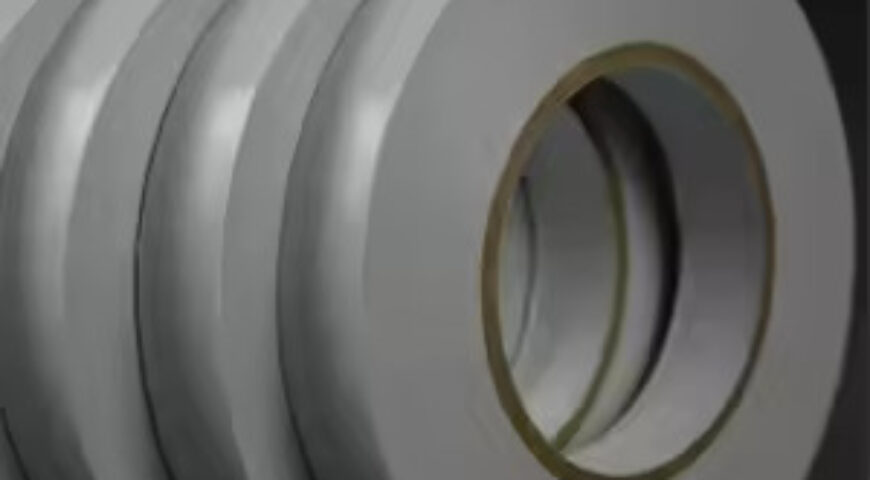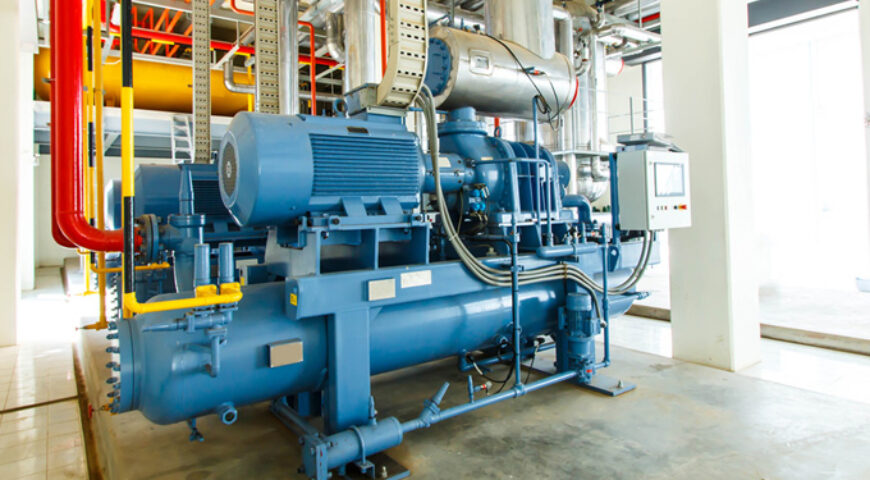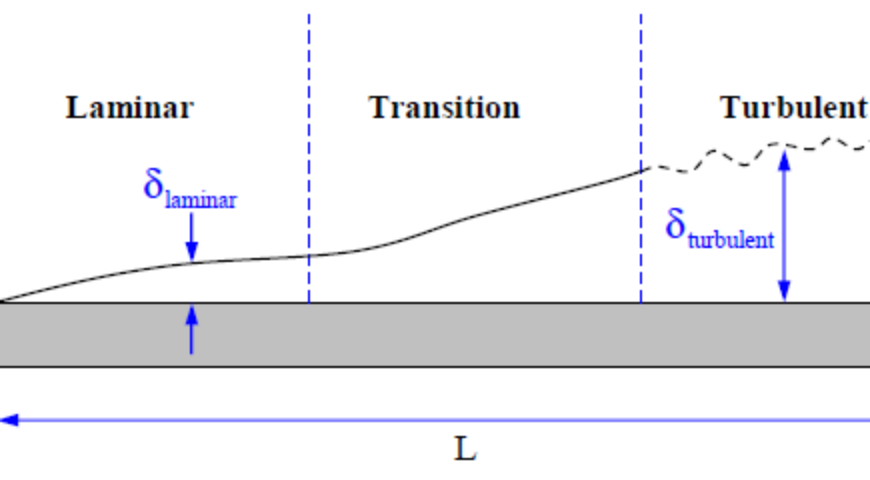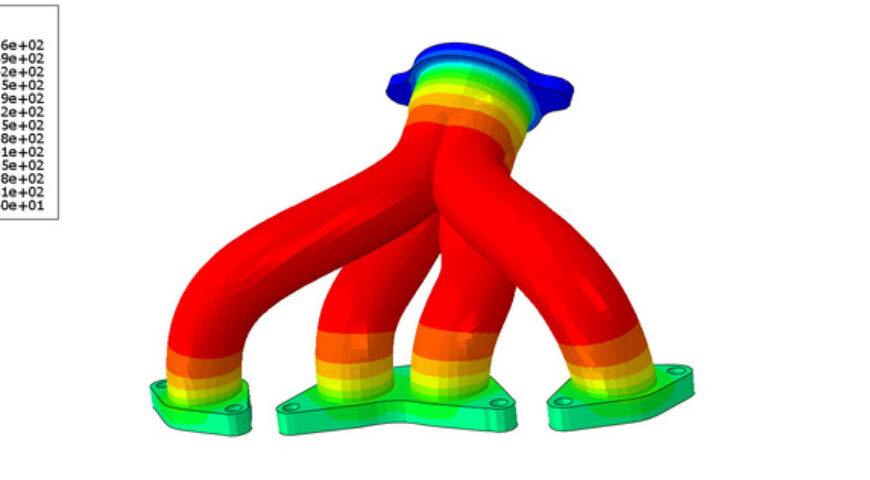Introduction Ultra-Lightweight Heat Transfer technology has traditionally focused on improving efficiency, but recent advancements have shifted the focus toward ultra-lightweight solutions that maintain high thermal performance while reducing material weight. In industries such as aerospace, electric vehicles, computing, and medical technology, where weight constraints are critical, traditional cooling methods like bulky heat sinks, refrigerant-based cooling, […]
91 6379 00 3383





